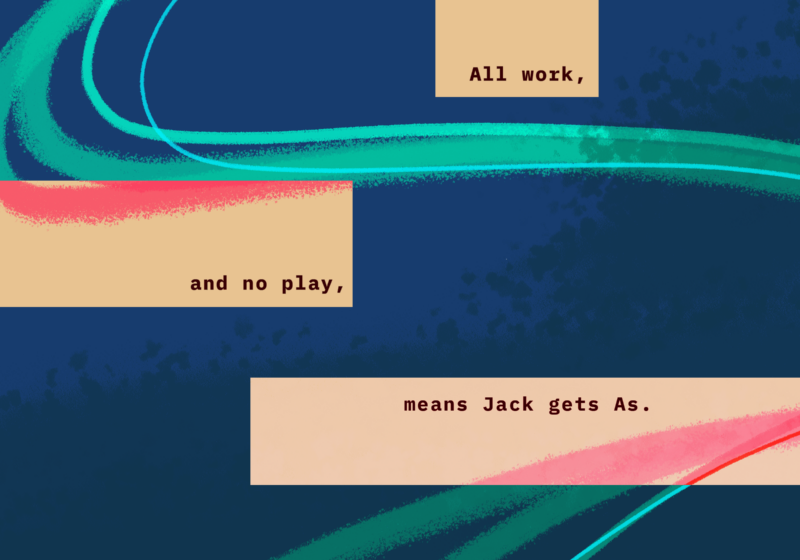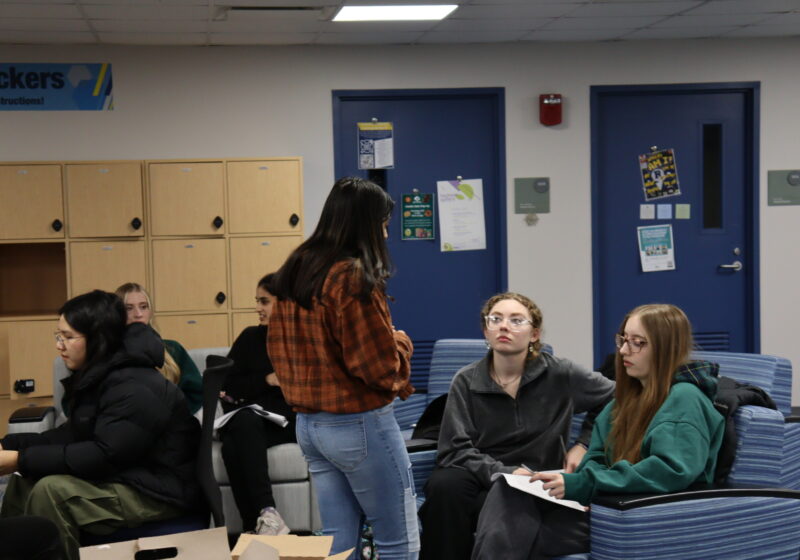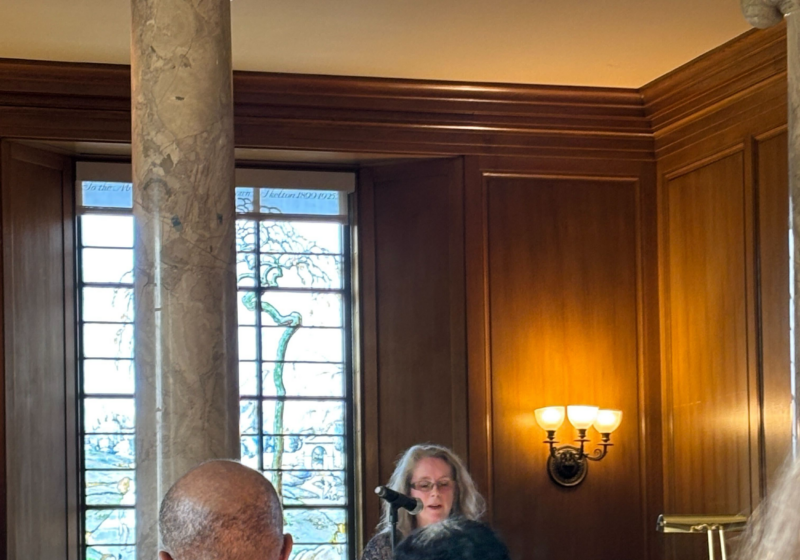I recently got back into playing “Super Smash Bros.” As many esports players can relate, I spend a lot of time playing with others, and yet I, as the Smash lingo goes, “get bodied” each time. While definitely not the highest paying esport, “Super Smash Bros” has its fair share of high and top level players fluent in the game to place relatively well at tournaments. I recently asked one of my friends — who is certainly not a professional-level player but is miles ahead of me — what it takes to be a top level player in Smash. His response:
“Maybe to be like, top five in the world, you need some kind of innate talent on top of hard work. But putting in your hours of deliberate practice into the game will get you way farther than any natural talent, and almost every top player practices the game for hours on end. I’d say the talent here is more the patience to do those hours of practice, not innate skill.”
While talking about talent by analyzing an esport may be silly to some, I would say that my friend’s advice about “Super Smash Bros” applies to most of life in general. Talent is not what most people think it is. The good news is that most of the people we think are talented are actually just really well-disciplined, and we can learn to do the same.
First, let’s talk about why it seems like others around get things faster than you do. How is it that she can balance her three eboard positions and be a straight-A BME major? There just can’t be enough hours in a day for that! I might be playing basketball against others for hours on end, and yet I see no improvement. My friend doesn’t seem to put in nearly as many hours as I do, yet he is way better. How can that be? While there certainly is such a thing as an innate ability to learn and inherent skill, it’s more likely that that smart BME major or your friend who’s better at games than you does this thing called deliberate practice. If you’ve never heard of this before, it could be a life changer: not all hours spent practicing are equal. While you were playing basketball games with your friends and not putting much thought into what you were doing wrong, your friend was spending an equal amount of time focusing on his weaknesses: layups, shots from a 45-degree angle, or whatever weaknesses they notice. While you pulled an all-nighter looking through your textbook and doing every single practice problem, that girl who scored an A on the exam spent an hour every day a week before the exam working specifically on the topics that she knew she was having trouble with, rather than every single problem.
Deliberate practice is when you devote your practice hours toward finding what areas you’re weak in and targeting them specifically. It will definitely be a lot less fun than what you were doing before, but your hours will be better spent. If my problem in basketball is mainly shooting from far away, why would I practice just by playing basketball games? Sure, that will involve some shooting hoops, but that will only be a portion of the time you spend. What if, instead of playing for an hour, you just spent 10 minutes every day working on the things you know you’re bad at? This is the talk about talent that we mistake for innate ability. Some people seem to improve at magical paces, and you might sit there wondering how they can be so talented. There are definitely people who can pick up on things easily, but that isn’t nearly enough to compensate for the work you need to put in. Hard work will always triumph over innate ability.
The best chess players, the smartest mathematicians, and the greatest athletes, while certainly talented, perhaps even prodigious, are mainly where they are because they have taken the time to sit down and realize what they need to work on. Top chess players like Magnus Carlsen, for instance, spend nearly five to six hours per day practicing chess. What do they do? They work on things that cost them games previously, and work on tactics and ways to work around them. That’s deliberate practice!
The question does not lie in if hard work can pass natural talent — it’s about how long it will take for hard work to pass natural talent. The answer, it turns out, is not very long. Truly talented people are those who can learn quickly from their mistakes during their deliberate practice sessions and improve upon them. Talented people are not those who can pick up a pen and instantly solve a hard math problem. That’s what we would call a prodigious person, and there’s a reason why we have a “Gifted Kid to Burnout Pipeline” problem in our society. Those who can do things with relatively little effort will find themselves beaten by those who put in the hard work. So, next time you do poorly on your exam and wonder how that other student did so much better than you with what looked like no effort, it might just be that they knew what they were doing wrong and focused solely on that. Maybe you could try to do the same thing and see where it leads you.






